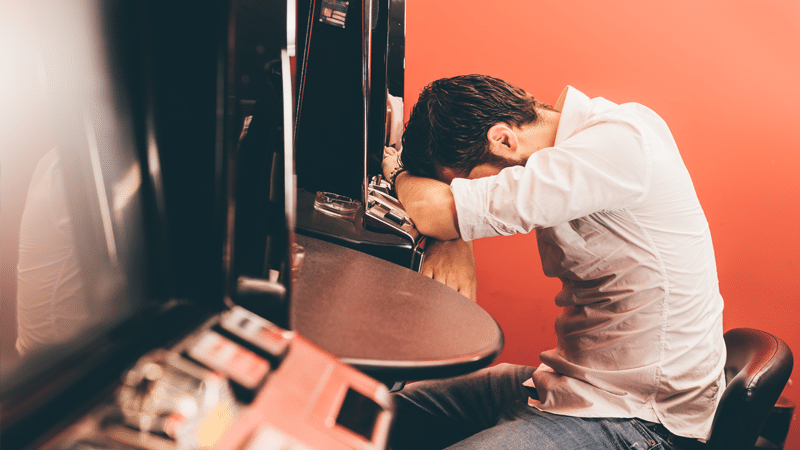Plans to allow the proliferation of high-stake slot machines in small casinos across Britain have come into effect.
Campaigners fear that the Government’s decision to liberalise B1 slot machine regulations for smaller venues will lead to thousands of new machines being installed, exposing more people to the risk of gambling-related harms.
B1 slot machines allow players to bet a maximum stake of £5 every 2.5 seconds, offering prizes of up to £10,000.
Destructive force
Former gambling addict Sharon Nelson told The Times newspaper that on some occasions she played for 15 hours continuously on high-stake slots, losing thousands of pounds.
She warned that the machines are “unbelievably” addictive, explaining: “It’s the lights and the sounds. They make you feel like any time you press that button you’re going to win and just keeps you on the machines.”
She added: “It’s unbelievable this law has kicked in and there will be more slot machines in casinos. It’s very dangerous and makes it much less safe for gamblers and the public, it will destroy lives and families.”
Derek Webb, founder of the Campaign for Fairer Gambling, said: “Labour is ignoring the official statistics which show how harmful slot machines are. There are already more than 200,000 slot machines in UK gambling premises.”
Targeted expansion
Labour MP Dawn Butler is calling on the Government to empower councils to halt the rapid spread of betting shops on Britain’s high streets.
Under what is known as “aim to permit” in the Gambling Act 2005, local authorities are currently obligated not to reject applications for new gambling venues.
But the MP described the impact of gambling related harm on society as a “public health crisis”, and called for an end to planning laws that allow gambling companies to prey on vulnerable and deprived communities.
Analysis by The Guardian found that slot machine shops target deprived communities, with a third of them open in the poorest ten per cent of Britain and over half found in the poorest 20 per cent.
Regulation
In May, the House of Commons’ Health and Social Care Committee warned of the “serious harm” gambling can cause “financially, physically, mentally, and in some cases as a cause of suicide”.
In a letter to the Department of Health and Social Care, the Committee’s Chairwoman Layla Moran MP urged the Government to review the Gambling Act 2005 in light of the Committee’s evidence session on gambling-related harms.
Moran said the evidence the Committee heard “emphasised how prevalent and normalised gambling has become in society”, and it was “disappointing to hear” that the current preventative approach is solely through the gambling levy and “not through regulation”.
Gambling Commission figures estimate around 2.5 per cent of the adult population (approximately 1.3 million people) in Britain experience the highest level of gambling-related harm, while a further 3.5 per cent are thought to be ‘at moderate risk’ of gambling harm.

Betting shops slammed for failing to protect problem gamblers trying to quit
GambleAware: ‘National Lottery products are addictive’
Betting giants blasted as four gambling shops open in one of the UK’s poorest areas

